Twenty years have passed since the U.S.-orchestrated NATO attack on Yugoslavia. As the United States readied its forces for war in 1999, it organized a peace conference that was ostensibly intended to resolve differences between the Yugoslav government and secessionist ethnic Albanians in Kosovo on the future status of the province. A different scenario was being played out behind the scenes, however. U.S. officials wanted war and deliberately set up the process to fail, which they planned to use as a pretext for war.
The talks opened on February 6, 1999, in Rambouillet, France. Officially, the negotiations were led by a Contact Group comprised of U.S. Ambassador to Macedonia Christopher Hill, European Union envoy Wolfgang Petritsch, and Russian diplomat Boris Mayorsky. All decisions were supposed to be jointly agreed upon by all three members of the Contact Group. In actual practice, the U.S. ran the show all the way and routinely bypassed Petritsch and Mayorsky on essential matters.
Ibrahim Rugova, an ethnic Albanian activist who advocated nonviolence, was expected to play a major role in the Albanian secessionist delegation. Joining him at Rambouillet was Fehmi Agani, a fellow member of Rugova’s Democratic League of Kosovo.
U.S. Secretary of State Madeleine Albright regularly sidelined Rugova, however, preferring to rely on delegation members from the hardline Kosovo Liberation Army (KLA), which had routinely murdered Serbs, Roma, and Albanians in Kosovo who worked for the government or opposed separatism. Only a few months before the conference, KLA spokesman Bardhyl Mahmuti spelled out his organization’s vision of a future Kosovo as separate and ethnically pure:
“The independence of Kosovo is the only solution…We cannot live together. That is excluded.” [i]
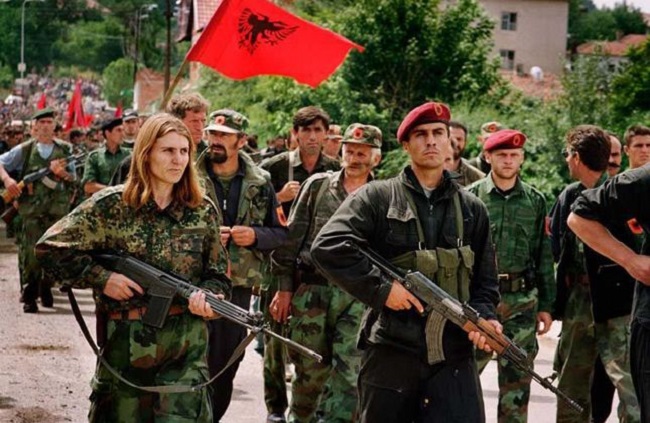
Source: Independent Balkan News Agency
Rugova had at one time engaged in fairly productive talks with Yugoslav officials, and his willingness to negotiate was no doubt precisely the reason Albright relegated him to a background role. Yugoslav Minister of Information Milan Komnenić accompanied the Yugoslav delegation to Rambouillet. He recalls,
“With Rugova and Fehmi Agani it was possible to talk; they were flexible. In Rambouillet, [KLA leader Hashim] Thaçi appears instead of Rugova. A beast.” [ii]
There was no love between Thaçi and Rugova, whose party members were the targets of threats and assassination attempts at the hands of the KLA. Rugova himself would survive an assassination attempt six years later.
The composition of the Yugoslav delegation reflected its position that many ethnic groups resided in Kosovo, and any agreement arrived at should take into account the interests of all parties. All of Kosovo’s major ethnic groups were represented in the delegation. Faik Jashari, one of the Albanian members in the Yugoslav delegation, was president of the Kosovo Democratic Initiative and an official in the Provisional Executive Council, which was Yugoslavia’s government in Kosovo. Jashari observed that Albright was startled when she saw the composition of the Yugoslav delegation, apparently because it went against the U.S. propaganda narrative. [iii] Throughout the talks, Albright displayed a dismissive attitude towards the delegation’s Albanian, Roma, Egyptian, Goran, Turkish, and Slavic Muslim members.
U.S. mediators habitually referred to the Yugoslav delegation as “the Serbs,” even though they constituted a minority of the members. The Americans persisted in trying to cast events in Kosovo as a simplistic binary relationship of Serb versus Albanian, disregarding the presence of other ethnic groups in the province, and ignoring the fact that while some ethnic Albanians favored separation, others wished to remain in multiethnic Yugoslavia.
After arriving at Rambouillet, the secessionist Albanian delegation informed U.S. diplomats that it did not want to meet with the Yugoslav side. Aside from a brief ceremonial meeting, there was no direct contact between the two groups. The Yugoslav and Albanian delegations were placed on two different floors to eliminate nearly all contact. U.S. mediators Richard Holbrooke and Christopher Hill ran from one delegation to the other, conveying notes and verbal messages between the two sides but mostly trying to coerce the Yugoslav delegation. [iv]
Luan Koka, a Roma member of the Yugoslav delegation, noted that the U.S. was operating an electronic jamming device.
“We knew exactly when Madeleine Albright was coming. Connections on our mobile phones were breaking up and going crazy.” [v]
It is probable that the U.S. was also operating electronic listening equipment and that U.S. mediators knew everything the delegations were saying in private.
Albright, Jashari said, would not listen to anyone.
“She had her task, and she saw only that task. You couldn’t say anything to her. She didn’t want to talk with us and didn’t want to listen to our arguments.” [vi]
One day it was Koka’s birthday, and the Yugoslav delegation wanted to encourage a more relaxed atmosphere with U.S. mediators, inviting them to a cocktail party to mark the occasion.
“It was a slightly more pleasant atmosphere, and I was singing,” Koka recalled. “I remember Madeleine Albright saying: ‘I really like partisan songs. But if you don’t accept this, the bombs will fall.’” [vii]
According to delegation member Nikola Šainović,
“Madeleine Albright told us all the time: ‘If the Yugoslav delegation does not accept what we offer, you will be bombed.’” Šainović added, “We agreed in Rambouillet to any form of autonomy for Kosovo,” but sovereignty remained the red line. [viii]
From the beginning of the conference, U.S. mediator Christopher Hill “decided that what we really needed was an Albanian approval of a document, and a Serb refusal. If both refused, there could be no further action by NATO or any other organization for that matter.” [ix] It was not peace that the U.S. team was seeking, but war.
As the conference progressed, U.S. negotiators were faced with an alarming problem, in that the Yugoslav delegation had accepted all of the Contact Group’s fundamental political principles for an agreement, balking only at a NATO presence in Kosovo. On the other hand, the secessionist delegation rejected the Contact Group’s political principles. Something had to be done to reverse this pattern.
On the second day of the conference, U.S. officials presented the Yugoslav delegation with the framework text of a provisional agreement for peace and self-rule in Kosovo, but it was missing some of the annexes. The Yugoslavs requested a copy of the complete document. As delegation head Ratko Marković pointed out,
“Any objections to the text of the agreement could be made only after an insight into the text as a whole had been obtained.”
Nearly one week passed before the group received one of the missing annexes. That came on the day the conference had originally been set to end. The deadline was extended, and two days later a second missing annex was provided to the Yugoslav delegation.[x]
When the Yugoslavs next met with the Contact Group, they were assured that all elements of the text had now been given to them. Several more days passed and at 7:00 PM on February 22, the penultimate day of the conference, the Contact Group presented three new annexes, which the Yugoslavs had never seen before. According to Marković, “Russian Ambassador Boris Mayorsky informed our delegation that Annexes 2 and 7 had not been discussed or approved by the Contact Group and that they were not the texts drafted by the Contact Group but by certain Contact Group members, while Annex 5 was discussed, but no decision was made on it at the Contact Group meeting.” The Yugoslav delegation refused to accept the new annexes, as their introduction had violated the process whereby all proposals had to be agreed upon by the three Contact Group members. [xi]
At 9:30 AM on February 23, the final day of the conference, U.S. officials presented the full text of the proposal, containing yet more provisions that were being communicated for the first time. The accompanying note identified the package as the definitive text while adding that Russia did not support two of the articles. The letter demanded the Yugoslav delegation’s decision by 1:00 PM that same day.[xii] There was barely time enough to carefully read the text, let alone negotiate. In essence, it was an ultimatum.
Quite intentionally, U.S. mediators included provisions in the final version of the text that no sovereign nation could be expected to accept. Neoliberal economic interests are always front and center when U.S. officials are involved, and they surely were not unaware of Kosovo’s abundant reserves of mineral resources, ripe for exploitation. The first point in Article 1 of the Economic Issues section of the text states:
“The economy of Kosovo shall function in accordance with free market principles.”
Western investors were favored with a provision stating that authorities shall “ensure the free movement of persons, goods, services, and capital to Kosovo, including from international sources.” [xiii] One may wonder what these stipulations had to do with peace negotiations, but then the talks had far more to do with U.S. interests than anything to do with the needs of the people in the region.
The document called for a Western-led Joint Commission including local representatives to monitor and coordinate the implementation of the plan. However, if commission members failed to reach consensus on a matter, the Western-appointed Chair would have the power to impose his decision unilaterally. [xiv] Local representatives would serve as little more than window-dressing for Western dictate, as they could adopt no measure that went against the Chair’s wishes.
The Chair of the Implementation Mission was authorized to “recommend” the “removal and appointment of officials and the curtailment of operations of existing institutions in Kosovo.” If the Chair’s command was not obeyed “in the time requested, the Joint Commission may decide to take the recommended action,” and since the Chair had the authority to impose his will on the Joint Commission, there was no check on his power. He could remove elected and appointed officials at will and replace them with handpicked lackeys. The Chair was also authorized to order the “curtailment of operations of existing institutions.” [xv]Any organization that failed to bend to U.S. demands could be shut down.
Chapter 7 of the plan called for the parties to “invite NATO to constitute and lead a military force” in Kosovo. [xvi]The choice of words was interesting. In language reminiscent of gangsters, Yugoslavia was told to “invite” NATO to take over the province of Kosovo or suffer the consequences.
Yugoslavia was required “to provide, at no cost, the use of all facilities and services required” by NATO. [xvii]Within six months, Yugoslavia would have to withdraw all of its military forces from Kosovo, other than a small number of border guards. [xviii]
The plan granted NATO “unrestricted use of the entire electromagnetic spectrum” to “communicate.” Although the document indicated NATO would make “reasonable efforts to coordinate,” there were no constraints on its power. [xix] Yugoslav officials, “upon simple request,” would be required to grant NATO “all telecommunication services, including broadcast services…free of cost.” [xx]NATO could take over any radio and television facilities and transmission wavelengths it chose, knocking local stations off the air.
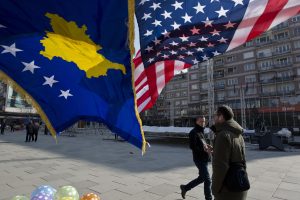
The plan did not restrict NATO’s presence to Kosovo. It granted NATO, with its “vehicles, vessels, aircraft, and equipment, free and unrestricted passage and unimpeded access throughout the FRY [Federal Republic of Yugoslavia].” [xxi] NATO would be “granted the use of airports, roads, rails, and ports without payment of fees, duties, dues, tools, or charges.” [xxii]
The agreement guaranteed that NATO would have “complete and unimpeded freedom of movement by ground, air, and water into and throughout Kosovo.” Furthermore, NATO personnel could not be held “liable for any damages to public or private property.” [xxiii] NATO as a whole would also be “immune from all legal process, whether civil, administrative, or criminal,” regardless of its actions anywhere on the territory of Yugoslavia. [xxiv]Nor could NATO personnel be arrested, detained, or investigated. [xxv]
Acceptance of the plan would have brought NATO troops swarming throughout Yugoslavia and interfering in every institution.
There were several other objectionable elements in the plan, but one that stood out was the call for an “international” (meaning, Western-led) meeting to be held after three years “to determine a mechanism for a final settlement for Kosovo.”[xxvi] It was no mystery to the Yugoslav delegation what conclusion Western officials would arrive at in that meeting. The intent was clearly to redraw Yugoslavia’s borders to further break apart the nation.
U.S. officials knew the Yugoslav delegation could not possibly accept such a plan.
“We deliberately set the bar higher than the Serbs could accept,” Madeleine Albright confided to a group of journalists, “because they needed a little bombing.” [xxvii]
At a meeting in Belgrade on March 5, the Yugoslav delegation issued a statement which declared:
“A great deceit was looming, orchestrated by the United States. They demanded that the agreement be signed, even though much of this agreement, that is, over 56 pages, had never been discussed, either within the Contact Group or during the negotiations.” [xxviii]
Serbian President Milan Milutinović announced at a press conference that in Rambouillet the Yugoslav delegation had “proposed solutions meeting the demands of the Contact Group for broad autonomy within Serbia, advocating full equality of all national communities.” But “agreement was not what they were after.” Instead, Western officials engaged in “open aggression,” and this was a game “about troops and troops alone.” [xxix]
While U.S. officials were working assiduously to avoid a peaceful resolution, they needed the Albanians to agree to the plan so that they could accuse the Yugoslav delegation of being the stumbling block to peace. U.S. mainstream media could be counted on to unquestioningly repeat the government’s line and overlook who the real architects of failure were. U.S. officials knew the media would act in their customary role as cheerleaders for war, which indeed, they did.
British Foreign Secretary Robin Cook revealed the nature of the message Western officials were conveying to the Albanian delegation when he said,
“We are certainly saying to the Kosovo Albanians that if you don’t sign up to these texts, it’s extremely difficult to see how NATO could then take action against Belgrade.” [xxx]
Western officials were practically begging the secessionists to sign the plan. According to inside sources, the Americans assured the Albanian delegation that disarmament of the KLA would be merely symbolic and that it could keep the bulk of its weaponry so long as it was concealed. [xxxi]
Albright spent hours trying to convince Thaçi to change his mind, telling him:
“If you say yes and the Serbs say no, NATO will strike and go on striking until the Serb forces are out and NATO can go in. You will have security. And you will be able to govern yourselves.” [xxxii]
That was a clear enough signal that the intent was to rip the province away from Yugoslavia and create an artificial state. Despite such assurances, Thaçi feared the wrath of fellow KLA members if he were to sign a document that did not explicitly call for separation. When U.S. negotiators asked Thaçi why he would not sign, he responded:
“If I agree to this, I will go home and they will kill me.” [xxxiii]
This was not hyperbole. The KLA had threatened and murdered a great many Albanians who in its eyes fell short of full-throated support for its policy of violent secession and ethnic exclusion.
Even NATO Commander Wesley Clark, who flew in from Belgium, was unable to change Thaçi’s mind. [xxxiv] U.S. officials were exasperated with the Albanian delegation, and its recalcitrance threatened to capsize plans for war.
“Rambouillet was supposed to be about putting the screws to Belgrade,” a senior U.S. official said. “But it went off the rails because of the miscalculation we made about the Albanians.” [xxxv]
On the last day at Rambouillet, it was agreed that the Albanian delegation would return to Kosovo for discussions with fellow KLA leaders on the need to sign the document. In the days that followed, Western officials paid repeated visits to Kosovo to encourage the Albanians to sign.
So-called “negotiations” reconvened in Paris on March 15. Upon its arrival, the Yugoslav delegation objected that it was “incomprehensible” that “no direct talks between the two delegations had been facilitated.” In response to the Yugoslavs’ proposal for modifications to the plan, the Contact Group informed them that no changes would be accepted. The document must be accepted as a whole. [xxxvi]
The Yugoslav position, delegation head Ratko Marković maintained, was that “first one needs to determine what is to be implemented, and only then to determine the methods of implementation.” [xxxvii]The delegation asked the Americans what there was to talk about regarding implementation “when there was no agreement because the Albanians did not accept anything.” U.S. officials responded that the Yugoslav delegation “cannot negotiate,” adding that it would only be allowed to make grammatical changes to the text. [xxxviii]
From the U.S. perspective, the presence of the Yugoslav delegation in Paris was irrelevant other than to maintain the pretense that negotiations were taking place. Not permitted to negotiate, there was little the Yugoslavs could do but await the inevitable result, which soon came. The moment U.S. officials obtained the Albanian delegation’s signatures to the plan on March 18, they aborted the Paris Conference. There was no reason to continue engaging with the Yugoslav delegation, as the U.S. had what it needed: a pretext for war.
On the day after the U.S. pulled the plug on the Paris talks, Milan Milutinović held a press conference in the Yugoslav embassy, condemning the Paris meeting as “a kind of show,” which was meant “to deceive public opinion in the whole world.” [xxxix]
While the United States and its NATO allies prepared for war, Yugoslavia was making last-ditch efforts to stave off attack, including reaching out to intermediaries. Greek Foreign Minister Theodoros Pangalos contacted Madeleine Albright and told her that Yugoslav President Slobodan Milošević had offered to engage in further negotiations. But Albright told him that the decision to bomb had already been made. “In fact,” Pangalos reported, “she told me to ‘desist, you’re just being a nuisance.’” [xl] In a final act of desperation to save the people from bombing, Milutinović contacted Christopher Hill and made an extraordinary offer: Yugoslavia would join NATO if the United States would allow Yugoslavia to remain whole, including the province of Kosovo. Hill responded that this was not a topic for discussion and he would not talk about it. [xli]
Madeleine Albright got her war, which brought death, destruction, and misery to Yugoslavia. But NATO had a new role, and the United States further extended its hegemony over the Balkans.
In the years following the demise of the Warsaw Pact and the Soviet Union, NATO was intent on redefining its mission. The absence of the socialist bloc presented NATO not only with the need to construct a new rationale for existence but also with the opportunity to expand Western domination over other nations.
Bosnia offered the first opportunity for NATO to begin its transformation, as it took part in a war that presented no threat to member nations.
Bombing Yugoslavia was meant to solidify the new role for NATO as an offensive military force, acting on behalf of U.S. imperial interests. Since that time, NATO has attacked Libya, and engaged in military operations in Afghanistan, Iraq, and a variety of nations in Africa. Despite NATO’s claim that it is “committed to the peaceful resolution of disputes,” the record shows otherwise.
*
Note to readers: please click the share buttons below. Forward this article to your email lists. Crosspost on your blog site, internet forums. etc.
Gregory Elich is a Korea Policy Institute associate and on the Board of Directors of the Jasenovac Research Institute. He is a member of the Solidarity Committee for Democracy and Peace in Korea, a columnist for Voice of the People, and one of the co-authors of Killing Democracy: CIA and Pentagon Operations in the Post-Soviet Period, published in the Russian language. He is also a member of the Task Force to Stop THAAD in Korea and Militarism in Asia and the Pacific. His website is https://gregoryelich.org. Follow him on Twitter at @GregoryElich
Notes
[i] “Albanian Rebels Say Kosovo Independence Vital,” Reuters, October 27, 1998.
[ii] “Recollections of Failed Negotiations in Rambouillet: Could the Bombing Have Been Avoided?” Nedeljnik, February 6, 2019.
[iii] Interview with Faik Jashari and other Kosovo Albanians, by delegation that included author, Belgrade, August 9, 1999.
[iv] Bogoljub Janićević, “Preparing for Bombing in Rambouillet,” Večernje Novosti, March 19, 2018.
[v] “Recollections of Failed Negotiations in Rambouillet: Could the Bombing Have Been Avoided?” Nedeljnik, February 6, 2019.
[vi] Interview with Faik Jashari and other Kosovo Albanians, by delegation that included author, Belgrade, August 9, 1999.
[vii] “Recollections of Failed Negotiations in Rambouillet: Could the Bombing Have Been Avoided?” Nedeljnik, February 6, 2019.
[viii] “Nikola Šainović for Courier Reveals the Secret of the Last Paper from Rambouillet,” Socialist Party of Serbia, February 12, 2019.
[ix] Christopher Hill, Outpost: Life on the Frontlines of American Diplomacy, a Memoir, Simon and Schuster, 2014, p 149.
[x] Address to Assembly of the Republic of Serbia by Ratko Marković, broadcast, Radio Beograd Network, March 23, 1999.
[xi] Address to Assembly of the Republic of Serbia by Ratko Marković, broadcast, Radio Beograd Network, March 23, 1999.
[xii] Address to Assembly of the Republic of Serbia by Ratko Marković, broadcast, Radio Beograd Network, March 23, 1999.
[xiii] Interim Agreement for Peace and Self-Government in Kosovo: Chapter 4a, Article I, February 23, 1999.
[xiv] Interim Agreement for Peace and Self-Government in Kosovo: Chapter 5, Article I, section 3, February 23, 1999.
[xv] Interim Agreement for Peace and Self-Government in Kosovo: Chapter 5, Article IV, section 5, February 23, 1999.
[xvi] Interim Agreement for Peace and Self-Government in Kosovo: Chapter 7, Article I, section 1a, February 23, 1999.
[xvii] Interim Agreement for Peace and Self-Government in Kosovo: Chapter 7, Article I, section 1c, February 23, 1999.
[xviii] Interim Agreement for Peace and Self-Government in Kosovo: Chapter 7, Article IV, section 2, February 23, 1999.
[xix] Interim Agreement for Peace and Self-Government in Kosovo: Chapter 7, Article VIII, section 5b, February 23, 1999.
[xx] Interim Agreement for Peace and Self-Government in Kosovo: Chapter 7, Article VIII, section 5b, February 23, 1999.
[xxi] Interim Agreement for Peace and Self-Government in Kosovo: Appendix B, section 8, February 23, 1999.
[xxii] Interim Agreement for Peace and Self-Government in Kosovo: Appendix B, section 11, February 23, 1999.
[xxiii] Interim Agreement for Peace and Self-Government in Kosovo: Appendix B, section 15, February 23, 1999.
[xxiv] Interim Agreement for Peace and Self-Government in Kosovo: Appendix B, section 6, February 23, 1999.
[xxv] Interim Agreement for Peace and Self-Government in Kosovo: Appendix B, section 7, February 23, 1999.
[xxvi] Interim Agreement for Peace and Self-Government in Kosovo: Chapter 8, Article I, section 3, February 23, 1999.
[xxvii] “Albright: They Need a Little Bombing,” Workers World News Service, June 10, 1999.
George Kenney, “Rolling Thunder: the Rerun,” The Nation, June 14, 1999. In the Nation article, the quote is attributed to “a senior State Department official.” In the Workers World report, further detail is provided: “On the Pacifica program ‘Democracy Now’ on June 2, Kenney confirmed that the high official was Secretary of State Madeleine Albright.”
[xxviii] Broadcast, Radio Beograd Network, 9:15 AM, March 23, 1999.
[xxix] Transcript, Press Conference by Milan Milutinović, Tanjug, February 23, 1999.
[xxx] “Cook Warns Kosovo Albanians Over Air Strikes,” Reuters, February 21, 1999.
[xxxi] Peter Dejaegher, “Serbs Feel Cheated,” De Standaard (Groot-Bijgaarden), March 31, 1999.
[xxxii] Madeleine Albright, Madam Secretary, Harper Collins, 2013, p 406.
[xxxiii] Christopher Hill, Outpost: Life on the Frontlines of American Diplomacy, a Memoir, Simon and Schuster, 2014, p 153.
[xxxiv] Jane Perlez, “Talks on Kosovo Near Breakdown; Deadline is Tuesday,” New York Times, February 23, 1999.
[xxxv] R. Jeffrey Smith, “Albanian Intransigence Stymied Accord,” Washington Post, February 24, 1999.
[xxxvi] Address to Assembly of the Republic of Serbia by Ratko Marković, broadcast, Radio Beograd Network, March 23, 1999.
[xxxvii] Address to Assembly of the Republic of Serbia by Ratko Marković, broadcast, Radio Beograd Network, March 23, 1999.
[xxxviii] “Nikola Šainović for Courier Reveals the Secret of the Last Paper from Rambouillet,” Socialist Party of Serbia, February 12, 2019.
[xxxix] “Press Conference Held by the President of Serbia,” Politika, March 19, 1999.
[xl] “Ex-Minister Claims ‘Meddling’ in Kosovo Prompted Sacking,” Athens News, December 1, 2001.
[xli] S.J. Matić, R. Dragović, “20 Years Since the Start of Negotiations in Rambouillet: Occupation Has Been Avoided,” Večernje Novosti, February 6, 2019.


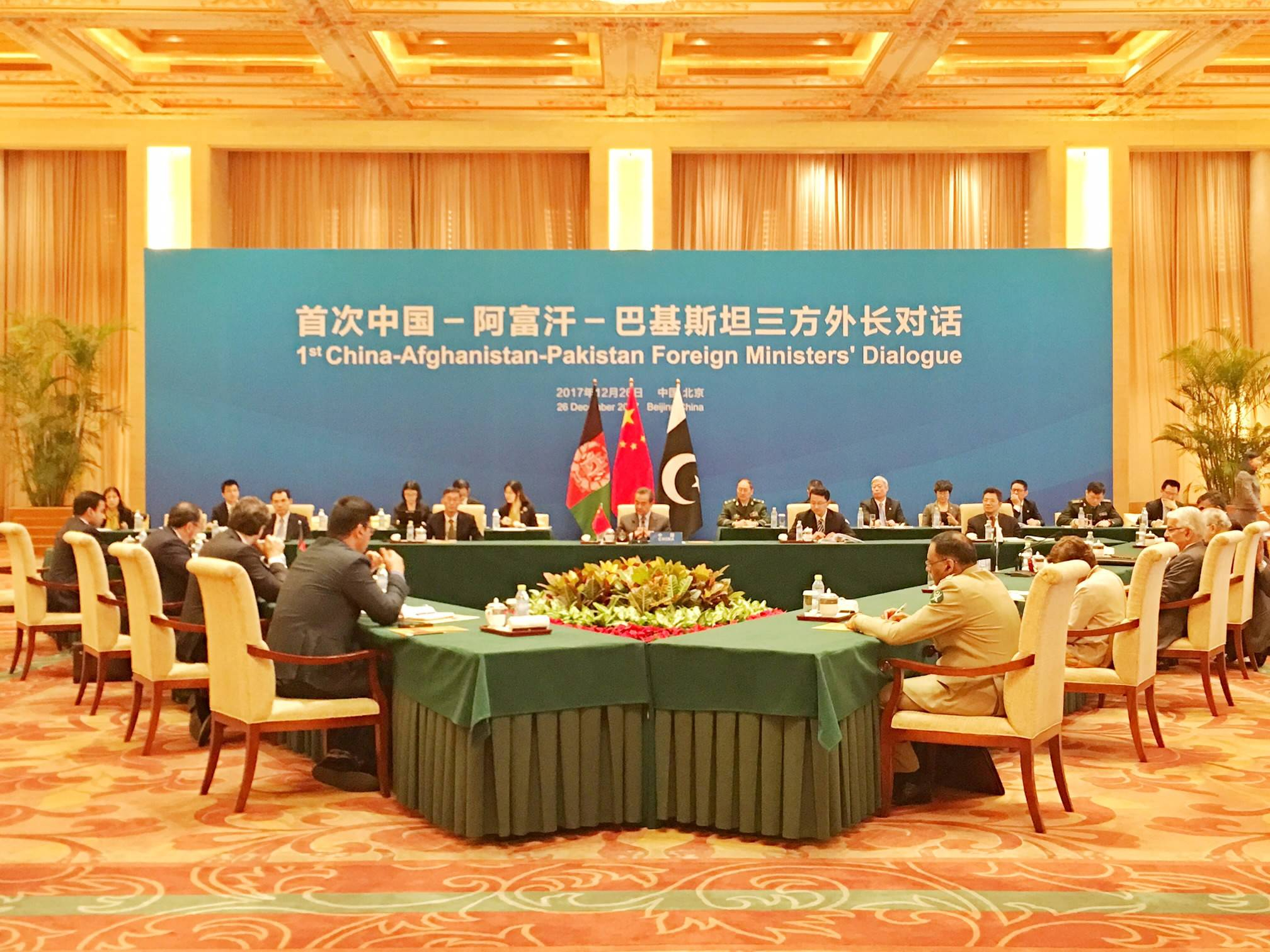

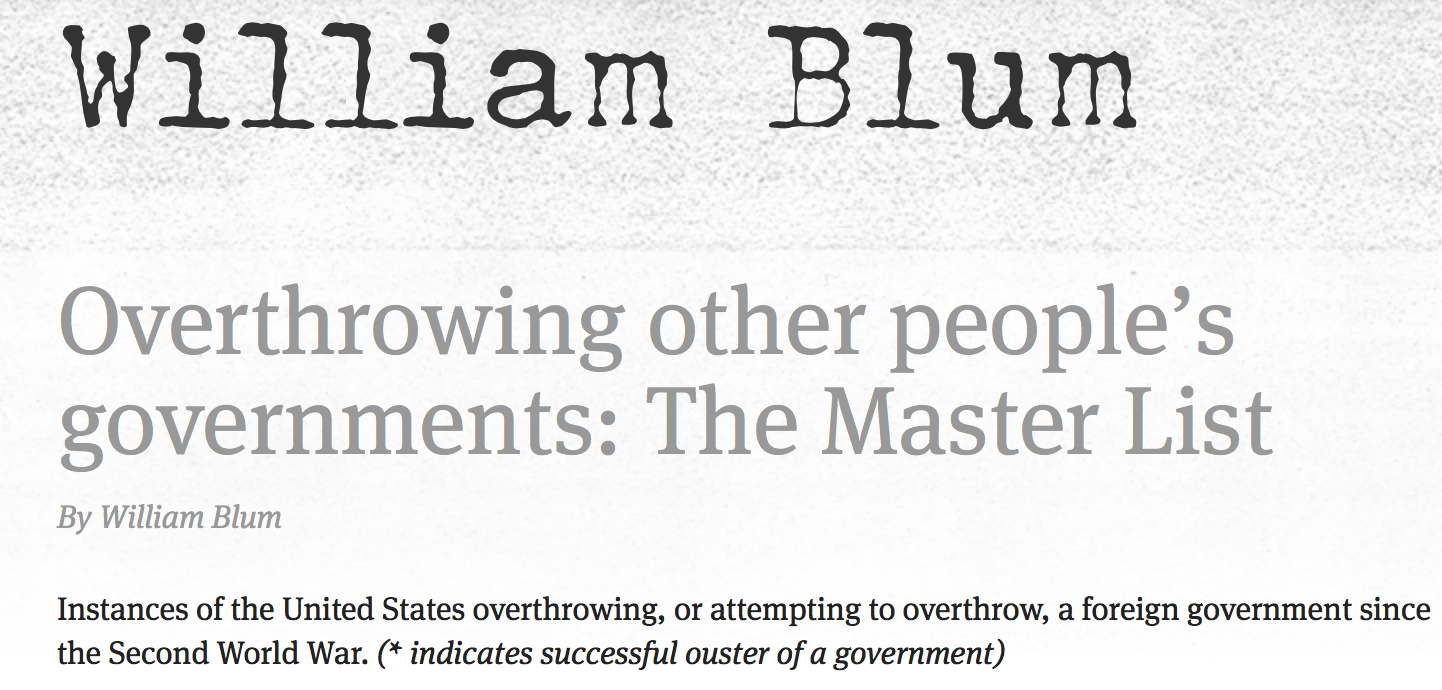


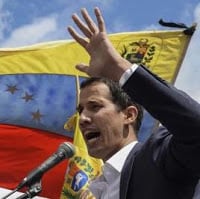
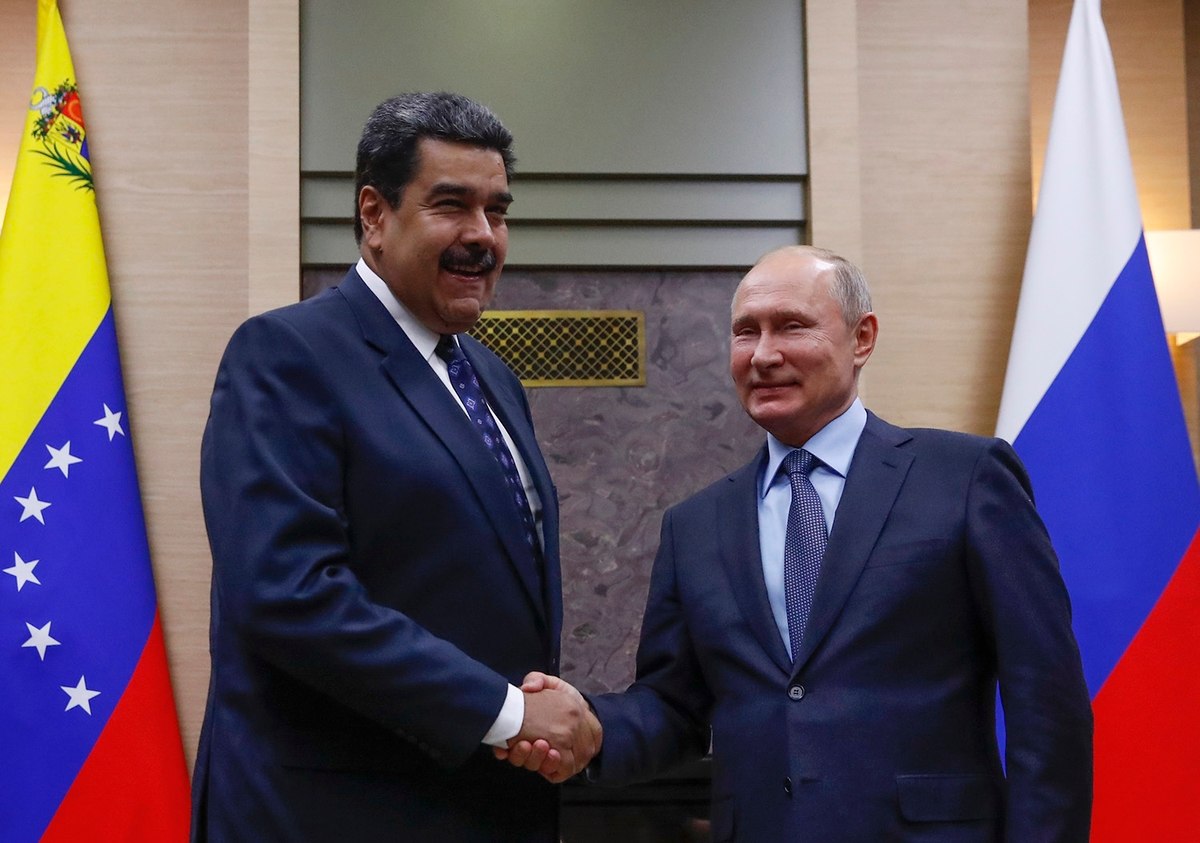
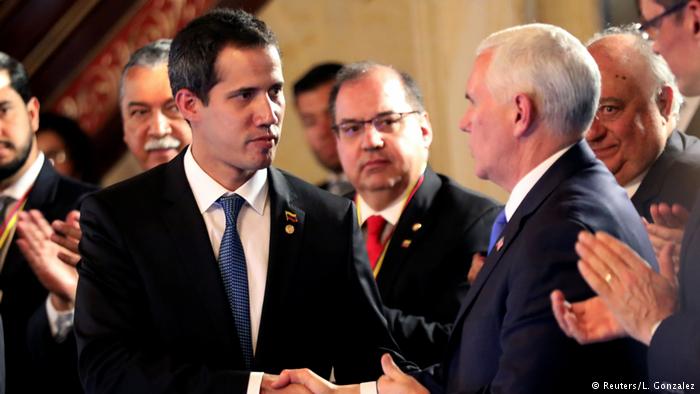
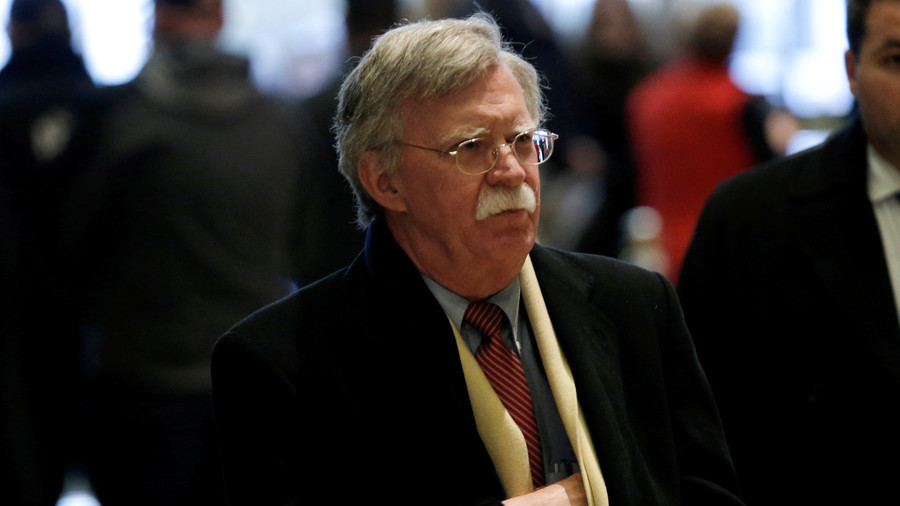



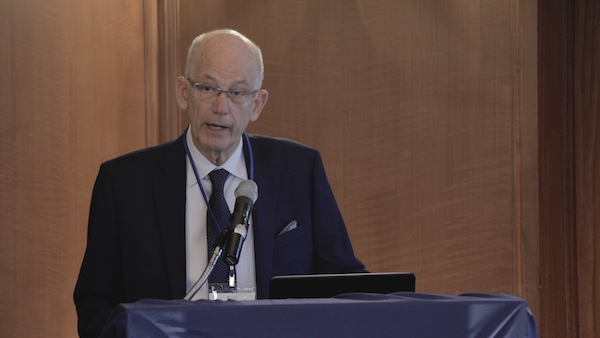
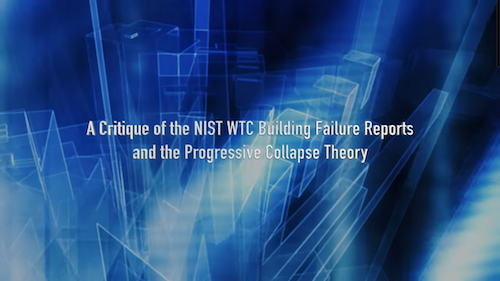
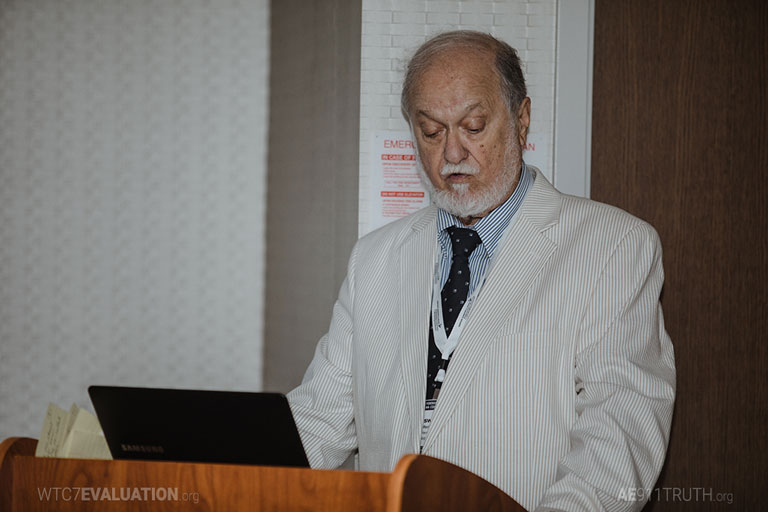

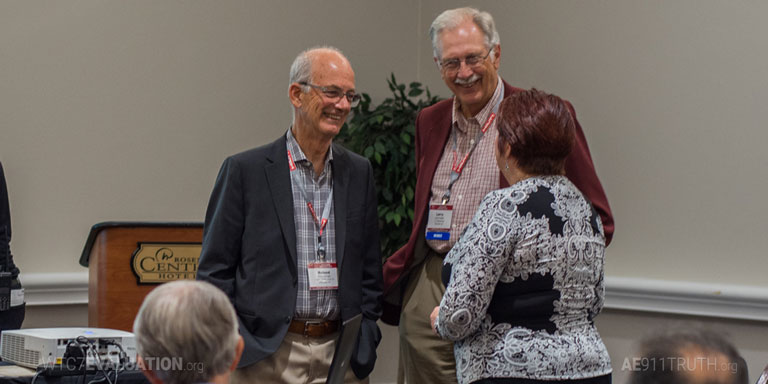

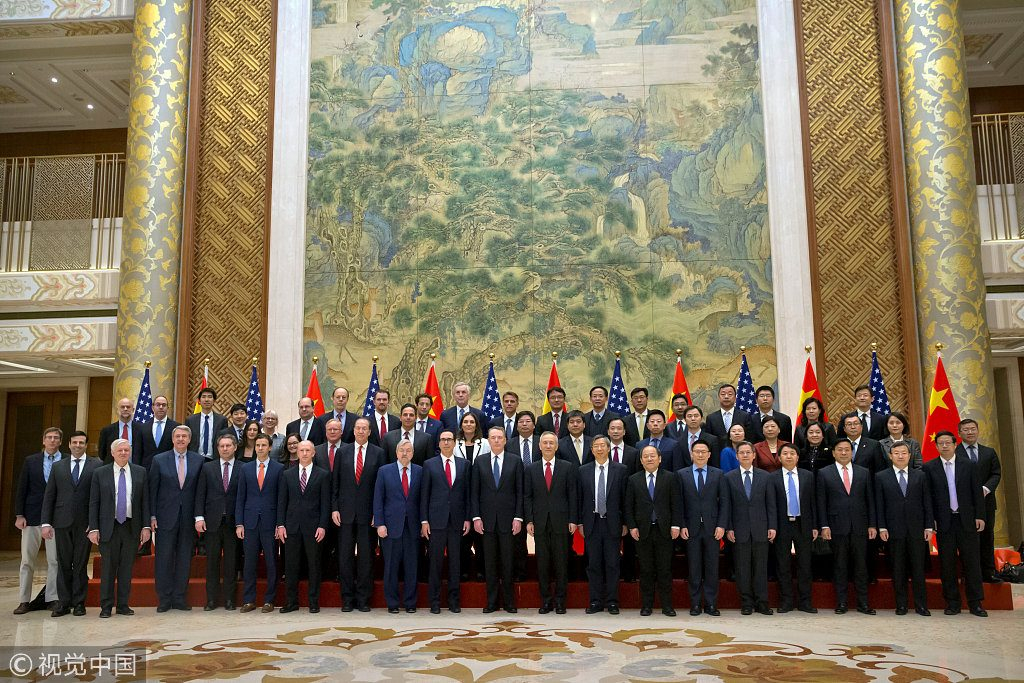
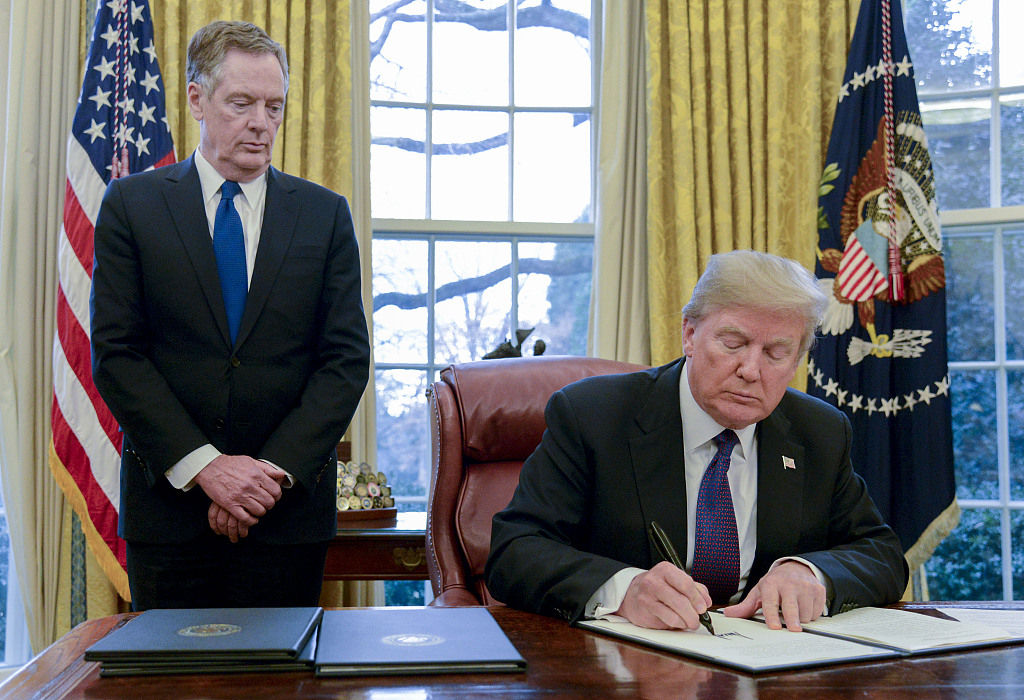
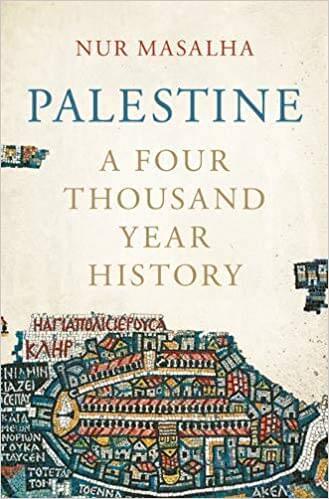




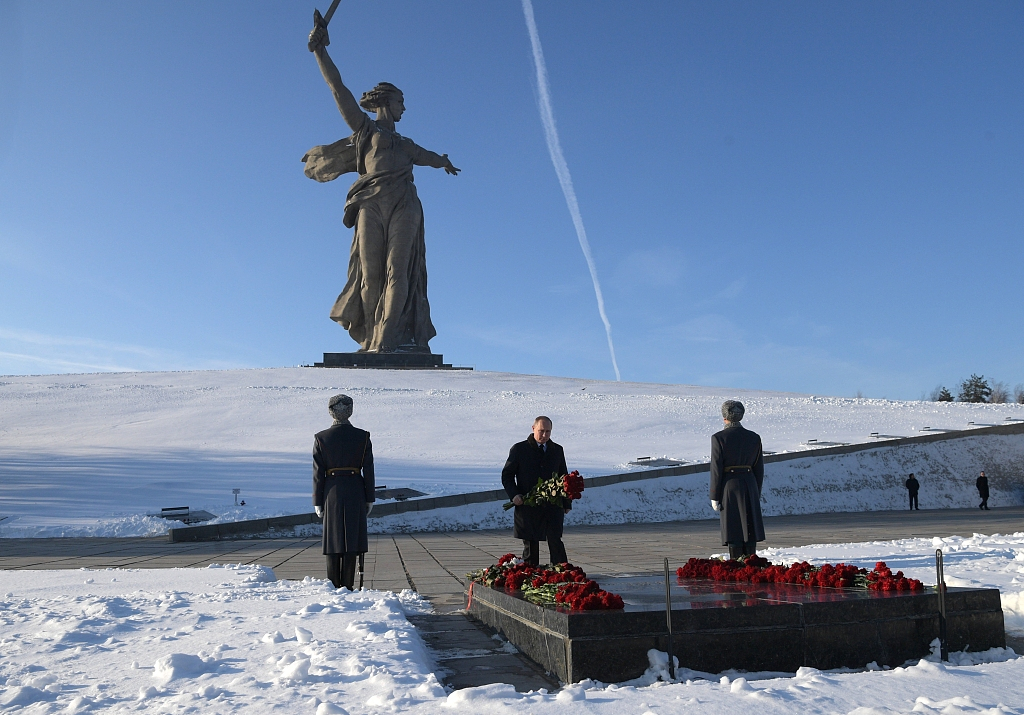




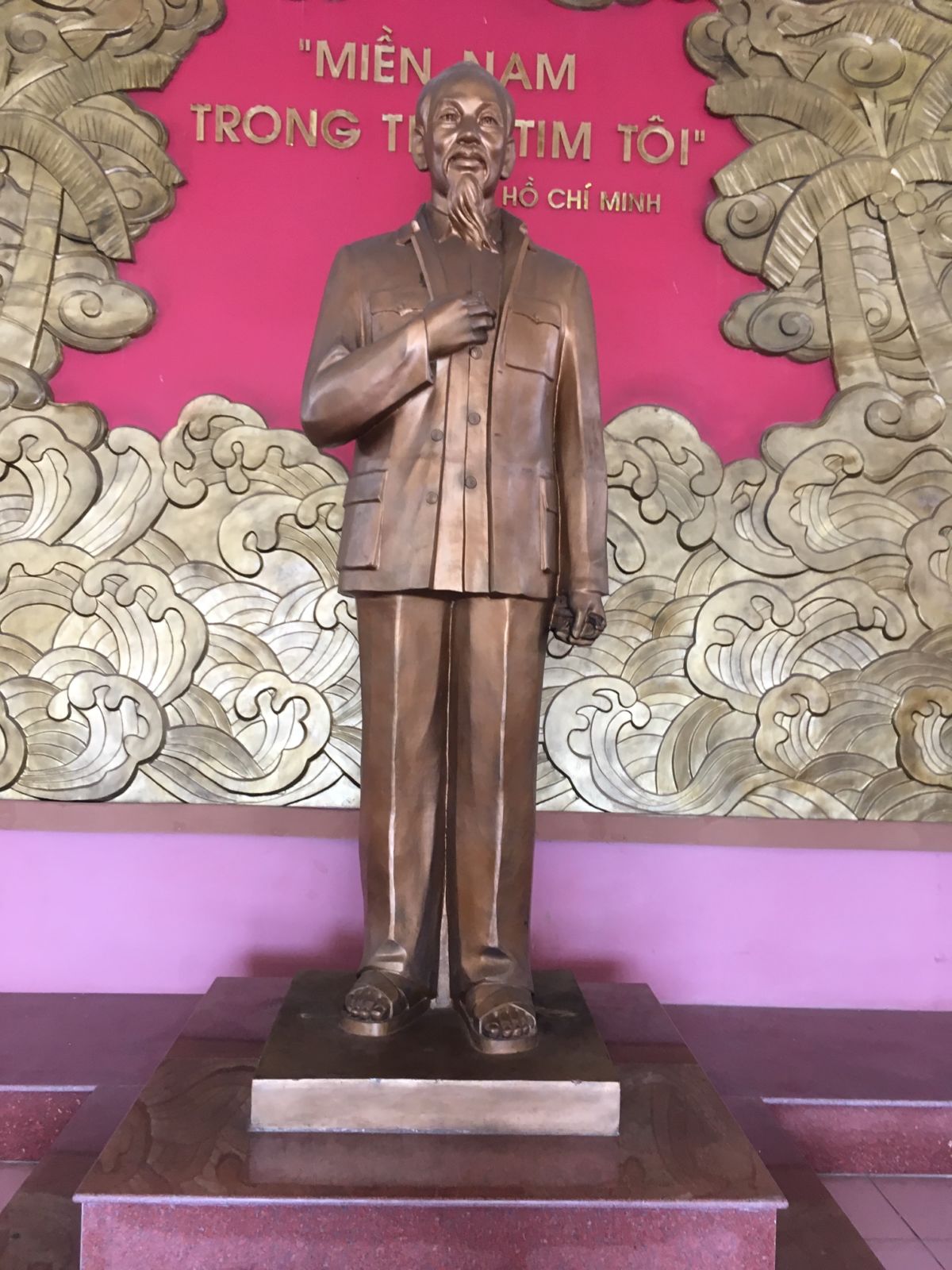


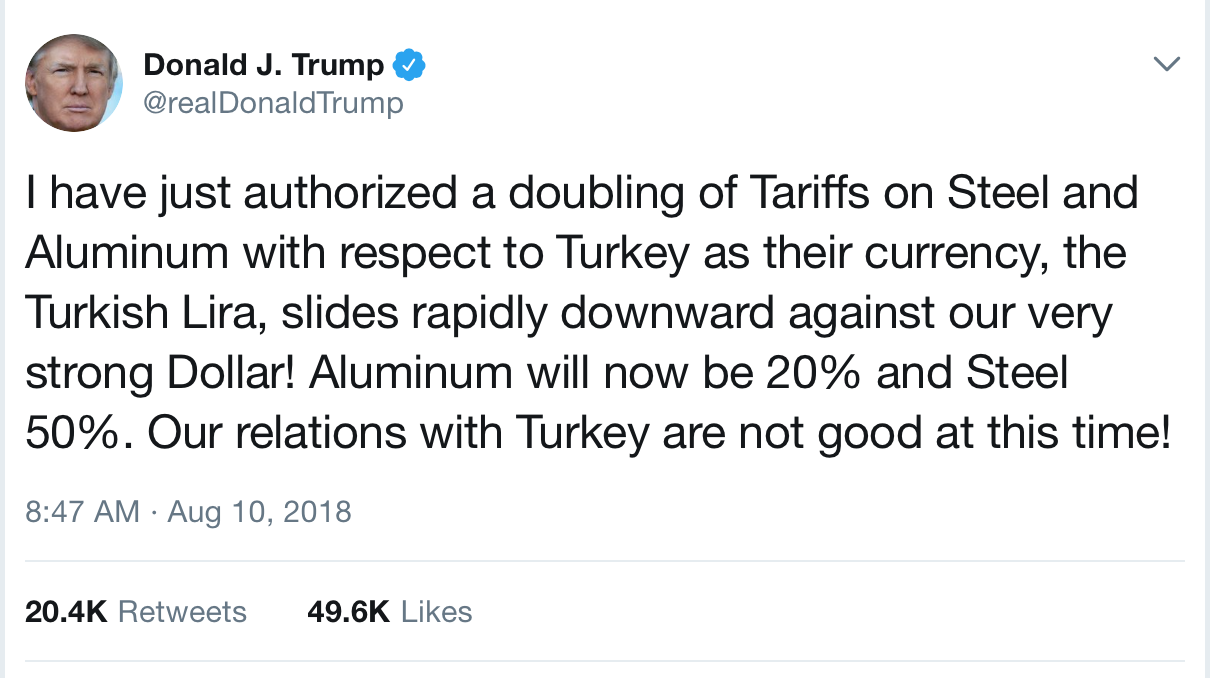
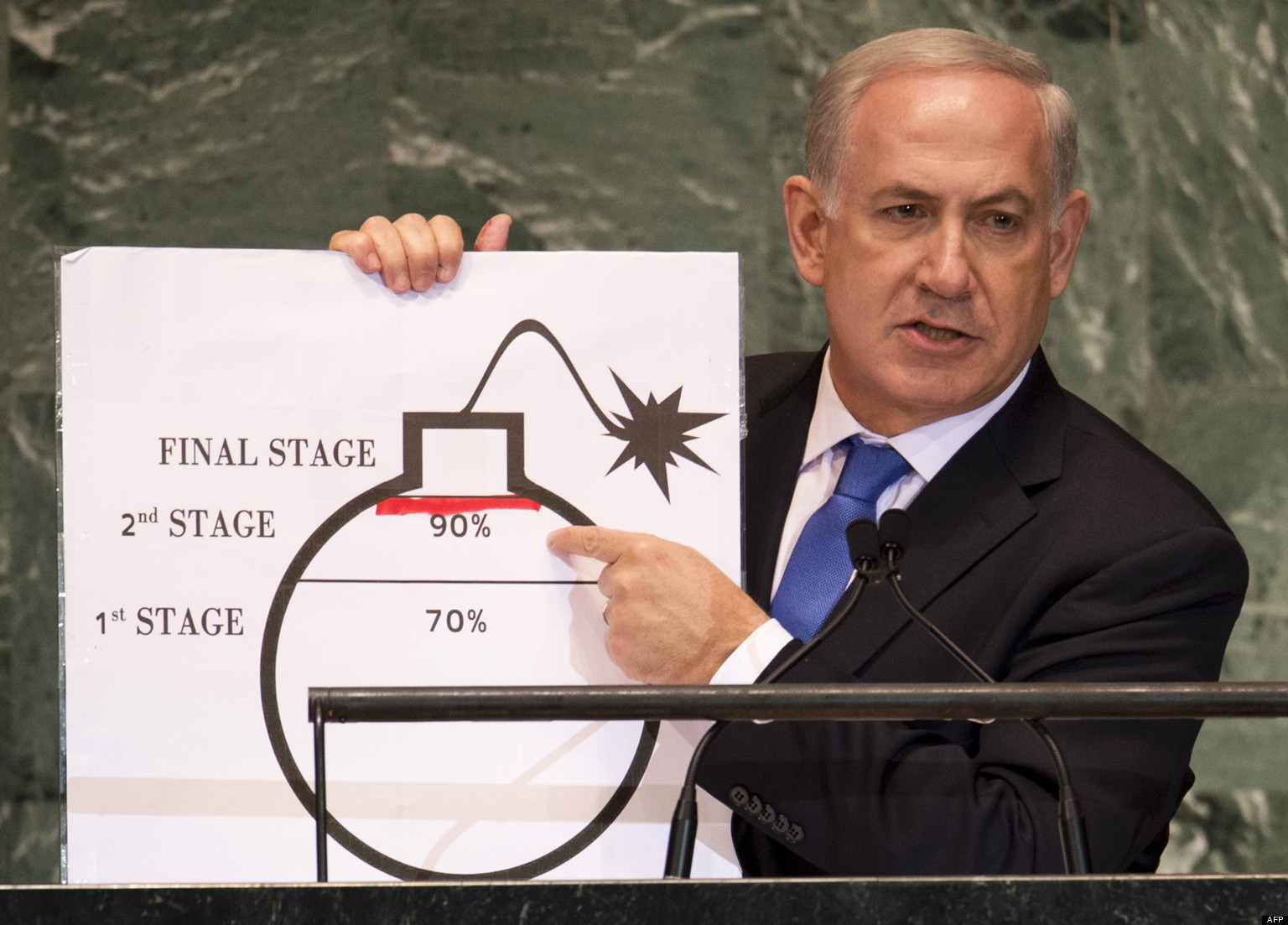
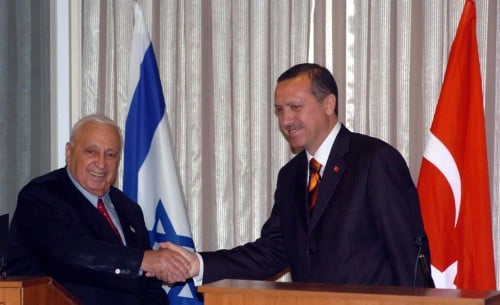 terror warfare along the Syrian, Iraqi, and Iranian borders.” (see
terror warfare along the Syrian, Iraqi, and Iranian borders.” (see 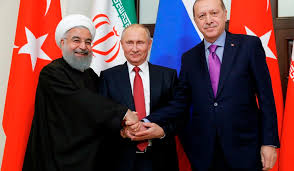 military and intelligence cooperation agreement as well as the Israel-NATO agreement (2003), constitute the foundations of the US-Israel-Turkey “Triple alliance” or what the Brookings Institute calls the US-Turkey- Israel Triangle.
military and intelligence cooperation agreement as well as the Israel-NATO agreement (2003), constitute the foundations of the US-Israel-Turkey “Triple alliance” or what the Brookings Institute calls the US-Turkey- Israel Triangle.





























